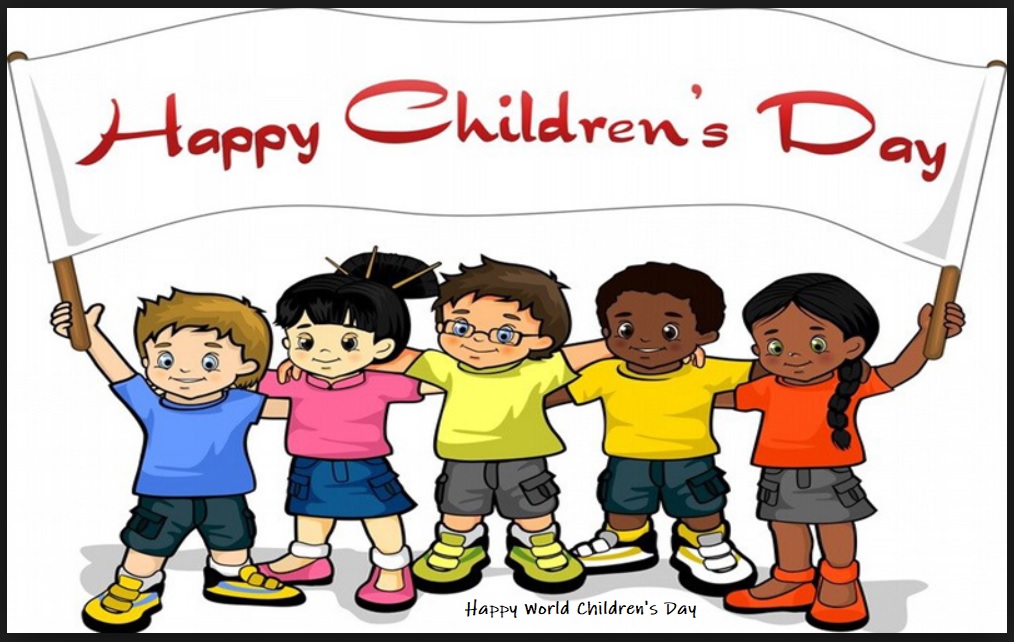Essay on YouTube in English
Essay On YouTube in English : Before moving on to essay let…
15 AUGUST ANCHORING SCRIPT FOR STUDENTS IN ENGLISH 2024
15 AUGUST ANCHORING SCRIPT FOR STUDENTS IN ENGLISH 2024 On this special…
Salient Features Of Indian Constitution
Salient Features Of Indian Constitution : Salient Features Of Indian Constitution reveal…
World children’s day Activities and Celebration
World children's day Activities and Celebration : World children's day / Universal…
Mother’s Day Quotations
Mother’s Day Quotations : There is nothing deeper and purest than that…
Teachers Day Best Gift Ideas
Teachers Day Best Gift Ideas : Teachers day is one of the…
Teachers Day Short Speech for School Students CLASS KG 1ST 2ND 3RD 4TH 5TH 6TH 7TH 8TH 9TH 10TH 11TH 12TH
Teachers Day Short Speech for School Students CLASS KG 1ST 2ND 3RD…
World Wildlife day AND Endangered Animals in India
World Wildlife day AND Endangered Animals in India : To celebrate World Wildlife…
Teachers Day Thank you Quotes Messages Wishes
Teachers Day Thank you Quotes Messages Wishes : A teacher is a…
Fiscal year ,Financial year, Budget year
Fiscal year or Financial year or Budget year is the period used…
15 August Anchoring Script for Students English 2024
15 August Anchoring Script for Students in English 2024 : Good Morning…










